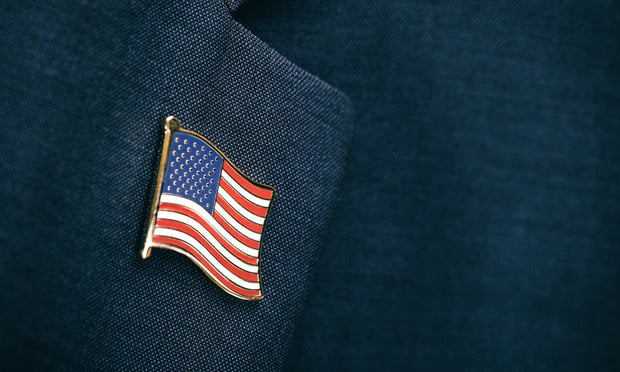The Illinois Supreme Court yesterday refused to revisit their decision to throw out a $1.06 billion class-action award against State Farm for its use of generic parts to repair policyholders' auto damage.
An insurance trade group said the action to deny a petition for a rehearing in the case of Avery, et.al. v. State Farm will help keep down repair costs in Illinois.
"The [Illinois] Supreme Court's decision to deny a rehearing in this case is a major win for consumers because the court's original ruling will foster price competition in automotive repair costs," said David Snyder, vice president and assistant general counsel at the American Insurance Association.
Last month in their original ruling, the court held that the national class was improperly certified, and threw out all of the monetary damages awarded by lower courts, ruling that the use of aftermarket auto parts did not breach the insurance company's contract with its policyholders.
The Avery nationwide class action was originally filed in 1998 in Illinois state court on behalf of all auto insurance policyholders (in Illinois and nearly every other state). The complaint involved insurer use of generic auto collision repair parts, which are also known as "aftermarket," or non-original equipment manufacturer (OEM) parts.
"When the court ruled in August, it addressed all of the harm that was done to consumers, including the many issues arising out of the establishment of the national class action, and Illinois imposing its public policy on the legislatures and insurance regulators of other states," Mr. Snyder said.
The court by its ruling, he added, "has recognized that, under Illinois law, use of like kind and quality, competitively priced aftermarket repair parts is recognized by the insurance code and not categorically prohibited."
According to Mr. Snyder, non-OEM parts have helped inject competitive pricing into collision and comprehensive physical damage insurance coverage that account for over one-half of the auto premiums paid for by consumers.
"The vast majority of those premiums are spent to repair or replace motor vehicles. By denying the petition to rehear the case, the [state] Supreme Court is helping to insure that Illinois consumers will be allowed the same benefit as consumers in other states where regulators and legislators made the determination to allow non-OEM parts to assist in keeping down repair costs," said Mr. Snyder.
The AIA official said the costs of some sheet metal parts rose by nearly 300 percent within a few months of the original decision, and car companies "were charging 60 percent more than the distributors selling identical certified aftermarket parts."
He called the latest ruling "a huge win for consumers, as it continues to foster choice, competition and lower insurance costs."
The Avery case request for a rehearing was denied without comment by the high court.
Want to continue reading?
Become a Free PropertyCasualty360 Digital Reader
Your access to unlimited PropertyCasualty360 content isn’t changing.
Once you are an ALM digital member, you’ll receive:
- Breaking insurance news and analysis, on-site and via our newsletters and custom alerts
- Weekly Insurance Speak podcast featuring exclusive interviews with industry leaders
- Educational webcasts, white papers, and ebooks from industry thought leaders
- Critical converage of the employee benefits and financial advisory markets on our other ALM sites, BenefitsPRO and ThinkAdvisor
Already have an account? Sign In Now
© 2024 ALM Global, LLC, All Rights Reserved. Request academic re-use from www.copyright.com. All other uses, submit a request to [email protected]. For more information visit Asset & Logo Licensing.








